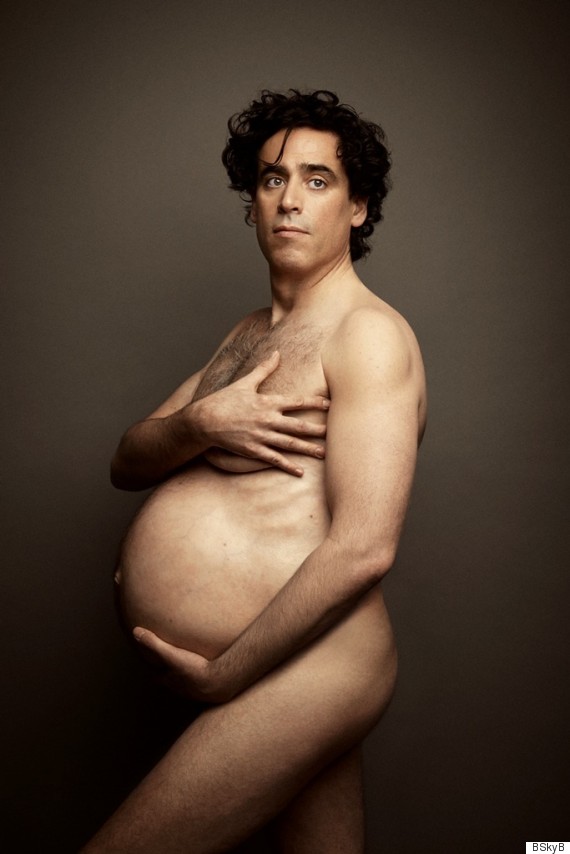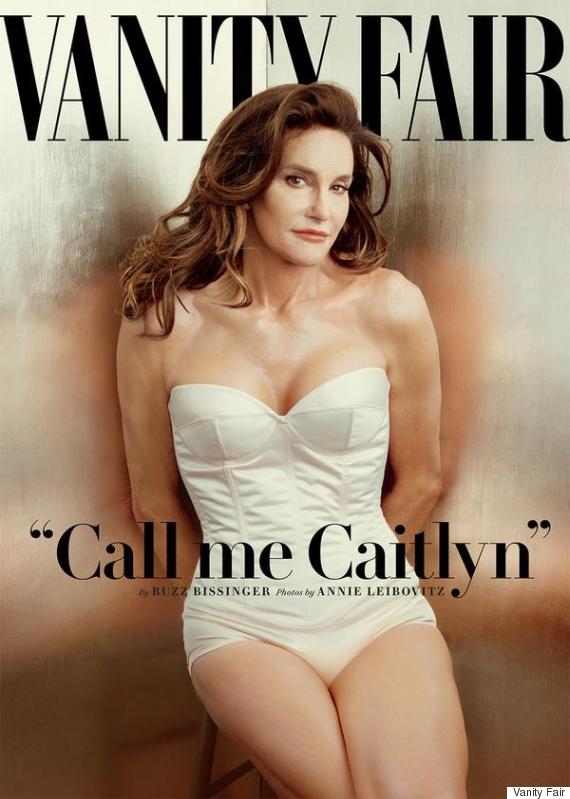I chat with Prurient' s Dominik Fernow about his new album, blind electronics and the pleasure in not getting all the answers.
The diary (or journal as Americans prefer to put it) has something of a totemic position within popular music. From Emo bands to conscious hip-hop artists, the idea of setting your most private world to music has always been very alluring.
However when Dominik Fernow describes his Industrial/Noise project Prurient as being like a diary, it does give me pause for a minute. Prurient' s music exists in the most extreme end of Industrial (if it can really be pinned down by the term) as far away as possible from bands like Nine Inch Nails and Front 242, and straddling the worlds of Power Violence acts like Whitehouse and the experimental grindings of Musique Concrete. While this extreme style of music is often focussed on ultra-masculine nihilism for its own sake, Prurient on the other hand uses a much more personal approach, making heavy use of metaphor, along with white noise in a more traditional song structure to create something truly unique within extreme music.
This is not to say that Prurient is for the faint of heart (or sensitive of hearing) but if you push your way through the screamed vocals and ear splitting drum beats you find a world of beautiful subtleties just below the surface.
When I chat to Dominik via Skype he's just acclimatising the first day of a New York summer after months of extreme winter and I use this as my jumping off point to discuss his latest album, 'Frozen Niagara Falls'.
'Frozen Niagara falls' as a title is fairly apocalyptic, was that your intention?'
Dominik Fernow: I wouldn't say Apocalyptic. I would say more neutered. I think of it as a contradiction a little bit, even though the falls do stop occasionally. Historically the falls is a place where people go to get married, but it's also a place where a lot of people go to kill themselves. The irony there speaks for itself, and anyone who's actually been to the falls cannot deny its magnetic power. It's hard not to think about jumping in. It's a very scary and very intense place with a lot of energy. Getting back to the title it's about the identity of something being lost.
'How would you say this album differs from your last full length under the Prurient banner, 'Bermuda Drain'?'
DF: With Bermuda we went in with a very clear picture of trying to construct short and concise pieces based on some sort of Electro-pop model. Something like Daft Punk, but using the off-kilter approach of using electronics blindly. The recording process we laid down meant we could only use equipment we'd never used before and were entirely unfamiliar with.
With 'Frozen...' the recording restrictions were that I wanted to make an album entirely consisting of acoustically generated sounds. The harder we pushed for that, the more compromised our mission became. We started off saying "no fx", and then we started adding fx, and it became this eternal argument about what is the point of using acoustic sounds when all that we're doing is trying to make them sound electronic.
Basically it ended up that every sound that could be used was used. Everything from guitars, drums and synthesisers to pieces of fabric, rocks, the sound of fire, wind recordings, voice. It became this decadent mess, which was a complete inversion of the plan. The harder I tried to plan the worse the execution, and I think that in itself became the meaning. That rather than trying to put a period on a thesis, it became the opposite, trying to destroy the thesis. I always go in (to the studio) with an intention and this record has been a failing to achieve intention after intention, and I only realised at the end that was the meaning of the record.
'I read in Rolling Stone that , on one song at least, you would have session musicians record their tracks with no context for the complete piece, was that correct?'
DF: Yes, It was more even than sounding like the instrumentation was recorded entirely independently. Each layer that was recorded was not played to anything else. This is a technique that a lot of free jazz musicians have used, Albert Ayler for example, but applying that chaos back into a song structure is where the fun begins. It was unorthodox in the respect of trying to use randomisation in a traditional song structure with verses and choruses.
'Is that level of experimentation important to you in your music?'
DF: The thing with Prurient is that it is essentially a diary, it's coming from my personal experience. However, I think only with the inclusion of collaborators is one able to discover what's important in that story. The exquisite corpse model (a Dadaist writing technique) is applicable as it involved many people but wasn't credited to a group. It became more of a fractured and fragmented idea of an experience. In this record, even though it is seen as being something from one individual, it really is a group effort, in that without the obstacles of other people I was unable to find my voice within this project.
'Are you happy with the finished results of the album?'
DF: Happiness isn't a word that enters into the Prurient vocabulary very often [laughs] but I would say that it's the most complete expression of the Prurient art, outside of whether it's good or bad, I do think it's the most complete result of my various interests over the years.
'Let's take it back a little bit; what were you ambitions when you first started working as Prurient?'
DF: I grew up as a Death metal fan in the 90's, before I had any idea about noise or industrial music. I was always attracted to more extremes and among the friends I had the pleasure of learning about Death Metal from none of them liked it when something fell out of tune or the production was bad, or you couldn't hear something. I always felt more and more attracted to the music that was poorly done. Things like the first Mortician release, 'the Mortal Massacre', I remember hearing that and thinking 'wow this is it, I can't hear a damn thing' and everybody else was like 'it sucks'. I think the idea of being deprived as a fan was more exciting, and that what initially drew me to Industrial music was the ambiguity.
I think when there's some obstacles in the way is where you start to form your relationship with music. I think ultimately we're talking about having an experience, and I think unfortunately that the role of music to create experiences for people has diminished within the internet age.
But that is what I'm driven by, both as a musician and a fan, is that feeling of not having the answers, not understanding something but having enough indicators there that makes me want to know the answer.
'You're often associated with the Power Electronics movement, do you feel that being lumped in with bands like Wolf Eyes of Whitehouse limits you, or do you identify with the aesthetics of that particularly scene?'
DF: When I first got into industrial music it was sort of a different time, and I don't think that some of the genre signifiers existed in the way they do now. What I considered noise was the freedom to explore a personal obsession outside of music and genre. I've always seen it as more as the ultimate expression of punk, rather than participating in another genre. Feeling engaged by the choices that people were making on a personal level, whether or not it fit within someone else's genre definition. I guess that what I've always strived for in noise, I want to feel like I know something I shouldn't. I want to be led into a little too personal to be comfortable. I admire the history of where Industrial music has come. I don't like to define myself in those terms.
'If prurient is a diary what do you see as the next chapter?'
DF: While It's either getting married or killing myself [laughs] no, I don't know. I just have to wait till things get bad enough in order to justify making the next record.
'Frozen Niagara Falls' is out now on Profound Lore and Prurient is currently touring the US with Godflesh. -- This feed and its contents are the property of The Huffington Post, and use is subject to our terms. It may be used for personal consumption, but may not be distributed on a website.









